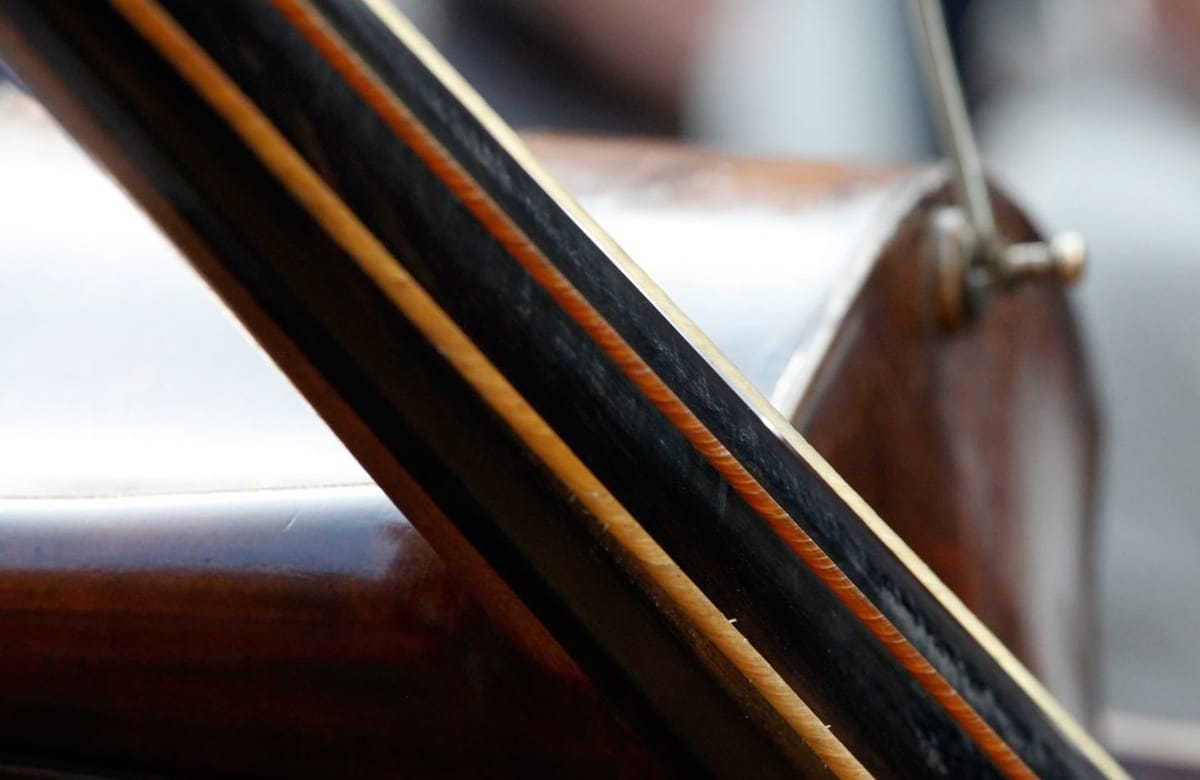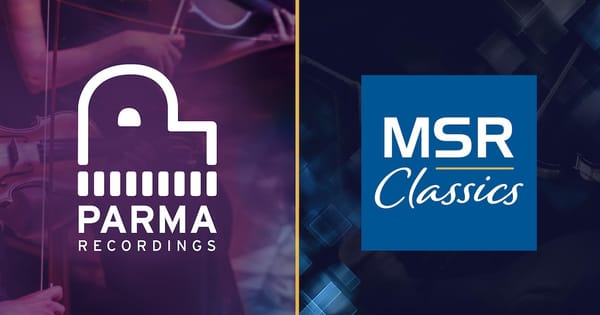Let’s hear it for the basses

In an interview with Canadian bass Robert Pomakov, he summed up the duties of his voice type on the operatic stage: “King, god, demon, loser”. It can be a tough life for those basses; not only are they rarely the title role in an opera, but they spend a huge amount of time onstage being skeevy, grabby old men at the party, or money-hungry meddlers, or murderous recluses. When they’re not any of those things, they’re penniless philosophers making much out of the meaning of donating a coat, or morally questionable cult leaders, or four different faces of the devil. To be fair, sometimes they’re benevolent monks and flashy bullfighters, and it’s a good thing there’s Rossini, to make sure they get some well-deserved laughs.
Yet the lowest of the low voices have quality roles, if not always quantity, on their side. We want to pay a bit of homage to some of the beautiful, the bone-chilling, and the bizarre bits reserved for opera’s beloved basses.
Sparafucile in Rigoletto
The assassin who puts the murderous bug in Rigoletto’s ear gets a few sweet scenes in Verdi’s classic, scenes that waver vaguely over the line of villain versus ally. And one can’t really argue with a luscious low note on which to exit the stage. Here’s Štefan Kocán as Sparafucile, opposite Željko Lučić as Rigoletto, in the Metropolitan Opera’s Vegas-style production of Rigoletto:
Fafner in Siegfried
The third opera in Wagner’s Ring Cycle is the best time to be a Fafner. The giant-turned-dragon is one of those enviable gigs for basses; usually, they sing from offstage, amplified to supernatural, dragon-sized proportions, while the designers go to town, figuring out a way to put a giant fire-breather onstage with the naïve little Siegfried. This scene is, unfortunately for Fafner, a death scene, but the music is deliciously creepy. Here’s Kurt Moll as the voice of Fafner, opposite René Kollo as Siegfried in Bayreuth, 1989:
https://youtu.be/65poInFK6Fs?t=7279
The Doctor in Wozzeck
We all love villains, and we love all their tools of evil. But everyone’s favourite kind of villain is the one who uses simple words to do damage. The Doctor isn’t a textbook villain, of course; he’s similar to Sparafucile, in that he goes about his business, dropping the seeds of unpleasant thoughts to those around him. From Joachim Hess’ television version of Wozzeck, featuring Hans Sotin as The Doctor, here’s this delicious scene with The Captain, to whet your appetite:
John Claggart in Billy Budd
One of our favourite complicated, make-it-someone-else’s-problem type of men. John Claggart is the Master-at-arms on the HMS Indomitable; he’s the kind of person who, when he feels bad about himself in one way or another, he solves the problem by making others feel even worse. Billy Budd, with his handsomeness, happiness, friendliness, illuminates the fact that Claggart is not handsome, nor an optimist, nor popular. Pair all of that with supressed homosexuality in an environment where it just wouldn’t fly, and you get a fantastic aria like this one, filled with Claggart’s convincing himself that his evil plans are noble deeds. Have a listen to Richard van Allan’s performance at English National Opera in 1988:
Don Quichotte in Don Quichotte
He may be an old man, and the cynics may even call him a loser. But, Don Quichotte is unfailingly a character who tugs at hearts. Here’s his beautiful aria, sung by Sam Ramey in 2000, to finish off a story meant to soften even the most hardened realists:
By Jenna Simeonov. Republished with permission from Schmopera.





